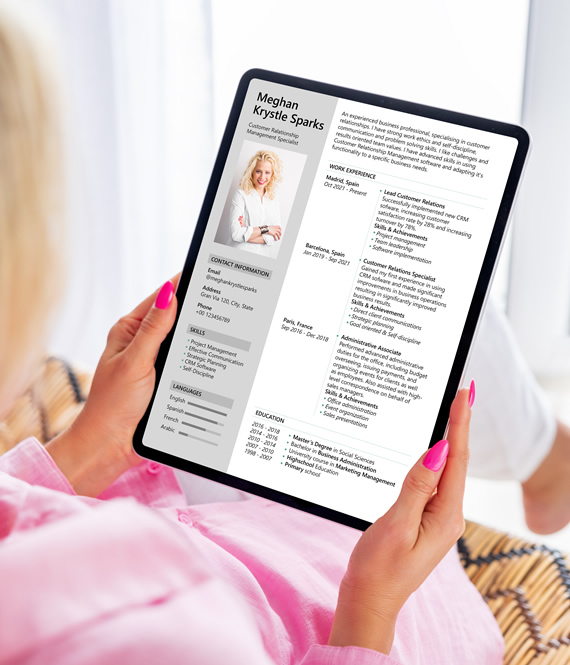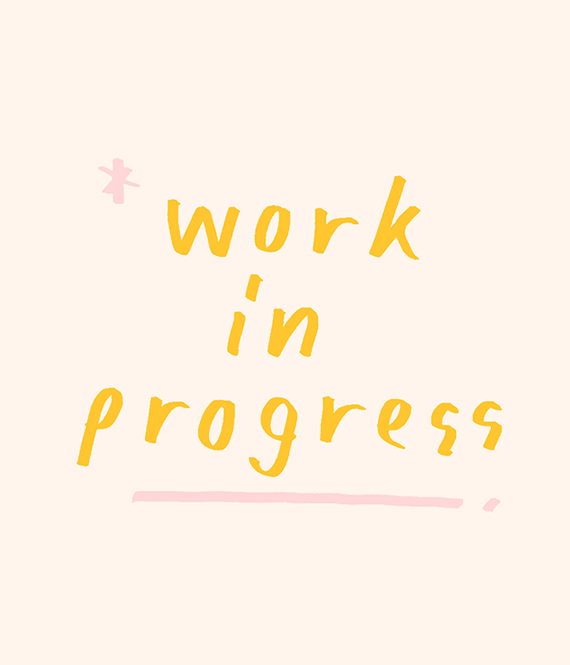
Assertive Behavior: 3 Positive Ways To Become More Assertive In Your Life
We recommend helpful products in our articles. Read our full disclosure here. The content on this website is not intended to be a substitute for professional advice, diagnosis, or treatment.
Assertive behavior can lead to greater success in life, whether you’re at home, in your workplace, or even with your friends.
You can gain many benefits by being assertive, but you’ll need to learn how to be more assertive in order to actually feel these benefits.
It is not always easy, but it can be extremely important for you (and honestly – for each and anyone of us).
In this article, we’re exploring the basics of assertive behavior and how to start implementing it in your life.
What is assertive behavior?
Assertive behavior is the ability to express your needs and achieve your goals in a way that is respectful both to you and to others. The basics of assertive behavior are simple: know your rights and respect others’ rights.
Having the courage to state your opinions and needs clearly is a good first step.
Being assertive is also about being mindful of your own needs and being confident about yourself.
However, being assertive is never about bruising or hurting someone’s feelings.
It’s all about your ability to handle the situation in a confident, yet non-ignorant way.
“Why should I be assertive?” – 3 Major Reasons To Consider
You have the right to ask for what you need, to ask questions, and to ask for feedback.
That’s something many people know, but not all of them do it.
Assertiveness flips this situation around.
Here are 3 reasons why assertive behavior is worth it:
- Assertive behavior can help you to develop a healthier, happier relationship with yourself and the people around you.
- Assertive people are also more likely to get their way.
- Assertive people don’t let others take advantage of them.
Assertiveness is also about your psychological and physical wellness:
- Having assertive behavior can have a range of positive effects on your health because it helps you to manage your emotions and expectations.
It can reduce the tension in your life and make it easier for you to work on your goals.
- Assertiveness also helps you to communicate your needs to others.
Taking this approach can help you forge stronger relationships, and reduce stress and social anxiety.
- Assertiveness can also affect your depression (in a positive way).
Assertive people are better at managing stress, which leads to a healthier mind and fewer depressive thoughts.
Assertiveness VS Arrogance
Often the line between assertive behavior and arrogance is not clear.
This is because assertiveness is not a one-size-fits-all.
Assertiveness is about knowing your exact place in a situation.
A person with assertiveness is confident but doesn’t overstep the boundaries of their position.
Arrogance is a term that’s used to describe a person’s excessive pride.
This pride often stems from the need to be acknowledged, or a sense of self-importance.
Often, arrogance is accompanied by hate for other people.
And sometimes, arrogance comes from anger at not being the center of attention.
Arrogance is a bad way to communicate, so it’s important to keep it under control.
Often, people with arrogance don’t listen to other people’s opinions.
They also act like they don’t even care about other people.
This way, arrogance often leads to poor relationships.
In contrast to arrogance, assertiveness is a positive behavior. If you are assertive, you are more compassionate and polite, even when you are caring for your own needs.
However, it’s also important to avoid offending others.
Assertiveness can only be harmful if you allow it to develop into arrogance.
Note: there are people who are naturally assertive, but others must work at it.
It’s important to remember that the line between arrogance and assertiveness is very, very thin.
For example, if you get stuck in an out-of-control situation, it can easily lead to additional stress and anger – which provokes arrogant behavior.
Remember that you can always use other approaches to help you grow and learn.
“What should I know before working on assertive behavior?”
First of all, recognize that being assertive is not easy and it takes time and practice to master.
It is important to be prepared before you begin.
If you have an exact situation where you want to express your assertiveness, you can prepare by writing down what you’re going to say and why.
You should also prepare yourself for how other people may respond to your statements.
Another good thing to know is that assertiveness will probably land you in situations that might feel uncomfortable.
It’s okay to take a break if you feel nervous.
When you’re feeling frustrated or angry, try to remember the benefits of assertive behavior (we have mentioned them before).
This will help you to understand why you do this and what you can do to increase your confidence in the future.
It is also important to remember that – again – assertiveness doesn’t mean being aggressive.
It means being honest, direct, and respectful of others.
How to be more assertive: 3 simple ways to start
Learning assertive behavior will need your effort and patience.
You might feel uncomfortable, and you might even be angry.
You might get frustrated or cry.
However, getting out of your comfort zone will help you to build your confidence and make it easier soon.
1. Learn the basics of assertive behavior
Obviously, you need to understand the concept of assertiveness well, before you move to action.
You can improve your assertiveness knowledge by attending an assertive behavior workshop or training course. Courses can give you practical skills that you can use in your everyday life.
These are taught by people who have a lot of experience.
Another way to explore and research assertiveness is by reading books that cover this topic.
2. Practice emotion control
Assertiveness skills also include learning how to control your emotions.
Assertive people know that they can’t control others, but they can always control their own behavior.
You can learn about your emotions by reading mental wellness books, talking to a therapist or counselor, participating in online mental health support groups, and exploring your feelings through journaling.
3. Practice assertiveness in real-life situations
Finally, the best way to start improving your assertiveness is simply to practice:
- You can try identifying small situations where you could express assertiveness – and try it;
- You can practice assertive gestures and phrases in front of a mirror;
- You can practice assertiveness with people you trust (explain your goal, then try role-playing);
- You can practice by participating in discussions or arguments without offending others;
Note: to practice assertive behavior safely, practice it in small, low-stress situations.
You don’t want to strain yourself.
Therefore, practice in a bearable fear and distress range before trying it in more challenging situations.
This will help you to have less anxiety in the whole process.
Assertive behavior in real life: quick examples of where you can use it
By now, you know that using assertiveness is a skill that can help you to thrive and live your life according to your values.
It can also help you to avoid being exploited by others but stay respectful to people around you.
Developing assertive behavior is a skill that can be practiced in many different life situations:
- For example, you might want to learn how to ask for a raise at work in a professional way.
Practicing asking for a raise is a good way to build assertiveness and confidence.
- You might also try to say no to people who expect a “yes” from you every time.
- You could stand for yourself in situations where you used to stay silent (like when someone cuts in front of you in the line).
- You can replace jealousy with something that speaks “I respect myself too”.
“Can a therapist help me become more assertive?”
Yes, people who aren’t confident with themselves may also need some therapy to improve their assertiveness.
Assertive behavior is not the easiest thing to do, and it takes practice, which can be a bit hard on our mental health.
On top of hard emotions, you’ll need to know your rights, understand others’ points of view, and learn to adjust your communication style to get what you want.
A professional therapist can help you navigate these topics easier.
Conclusion
Assertive behavior can help you to protect your time and energy, and to protect yourself from others’ exploitation.
Be assertive but never let your emotions get the better of you.
If you haven’t already, take an assertiveness course or read a book to learn more about this important skill.
Then, practice assertiveness in real-life situations.
This way, you will learn how to distinguish assertiveness from other styles of communication and how to use assertive behavior to achieve your daily, professional and personal goals.
"We love to research problems, examine studies, analyze solutions, and share with you ideas that make life healthier. You can learn about us and our editorial standards here. Have suggestions or feedback to share? Send us a message!."













Leave a Comment